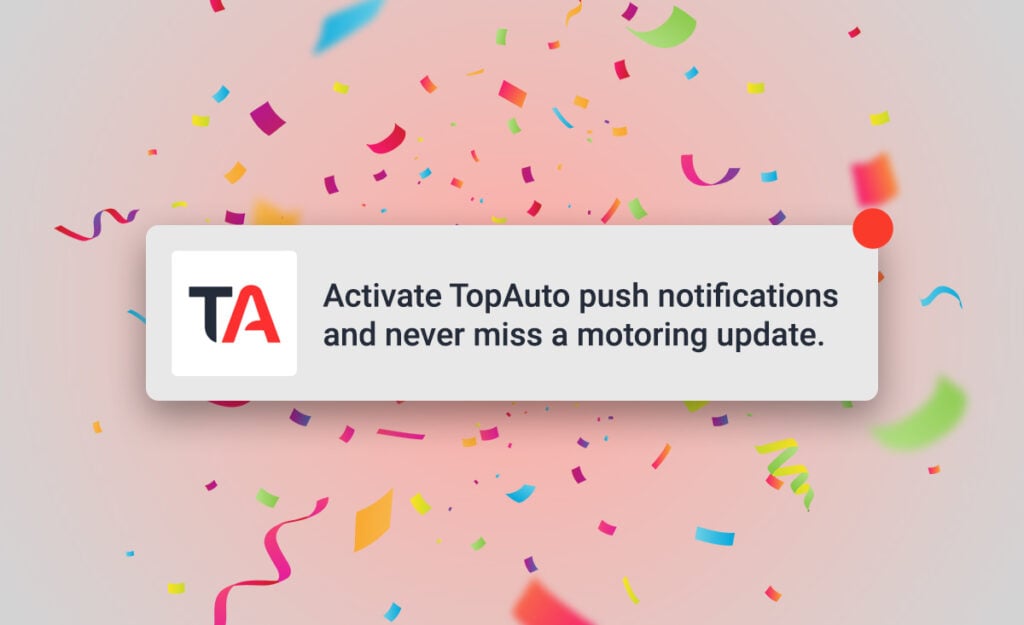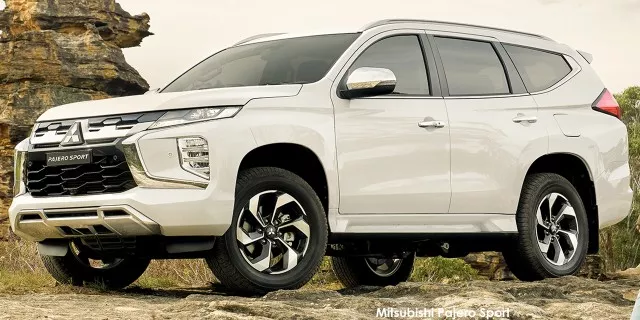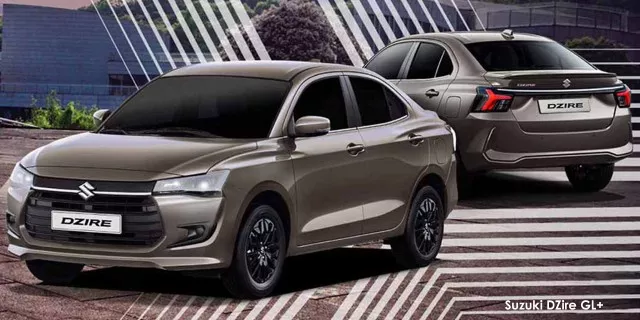
Volkswagen is ready to team up with peers and technology firms to boost the scale, speed, and savings on software development where the likes of Tesla or Intel have left the biggest automakers behind.
Europe’s largest carmaker is “always open” to working with third parties on software and is exploring options regularly, Chief Executive Officer Herbert Diess said in a statement to Bloomberg News.
VW doubled planned digitization spending to $31 billion (R450 billion) as part of a five-year plan last year that’s coming up for its annual review next month.
“Opening up our technology platforms to others is part of our strategy to leverage economies of scale,” Diess said.
VW has little time to waste to get its software operations, pooled under the Cariad brand, off the ground.
Envisioned as an agile, standalone unit, a number of software specialists have left and VW last year changed tack to put Audi in charge.
After electrification, turning cars into digital devices with subscription-based services is the next frontier for carmakers.
By 2030, more than a fifth of automotive revenue will be software-derived, according to consultancy Capgemini.
Diess’s comments follow remarks by BMW counterpart Oliver Zipse last week, who said carmakers should share expenses on basic software frameworks as they don’t differ much from brand to brand.
But carmakers have a checkered history when it comes to collaborating, having to overcome rivalries and different development cycles.
Daimler and BMW, only a few months into a partnership on automated driving technology, last year went their separate ways after failing to find a common path.
Earlier discussions among the three major German carmakers on a joint operating system broke down over timelines, said Cariad chief Dirk Hilgenberg in a report published in WirtschaftsWoche this month.
Getting on top of vast amounts of data will be critical for autonomous driving, which Diess expects to trigger an even deeper disruption for the industry than the shift to electric vehicles.
Alphabet’s Google is already prominent on car dashboards with the Android Automotive OS and Intel’s Mobileye last month announced plans for robotaxi services that could start pilot operations next year.
Apple, whose CarPlay interface is used by millions of motorists to control music, get directions, and make phone calls, is working on technology that would access functions like the climate-control system, speedometer, radio, and seats, according to people with knowledge of the effort.
“Car software is the last domain in which Europe still has a chance to build a strong position and compete with the U.S. and China,” said Diess.
“Only a few complex software stacks will prevail,” he said, comparing it to the dominance of Google’s Android and Apple’s iOS systems in the smartphone space.









